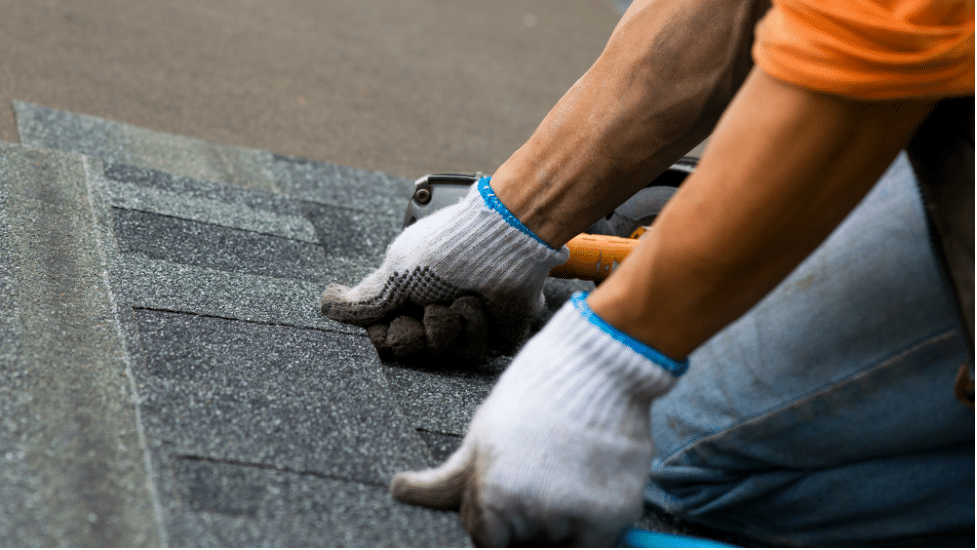If you’re finding yourself chasing past due payment again and again on private commercial construction projects in Texas, you’re not alone. Unfortunately, late and/or non-payment is common in this industry – however, Texas Construction Laws have been established to help – keep reading to find out how.
Know your rights under Texas construction law
Texas Construction Laws provide contractors, subcontractors, and material suppliers with the Mechanic’s Lien to protect their payment rights. Like anything legal, it comes with strict rules and regulations to follow. However, there is good news – you don’t need a lawyer to exercise your mechanic’s lien rights.
A mechanic’s lien is an official document that claims a lien against a property for work you performed when it has not been paid. When filed correctly, the mechanic’s lien becomes a public record, which alerts potential purchasers that someone claims a debt is owed for labor/materials/equipment provided to the property. A mechanic’s lien makes it extremely difficult for the property owner to do anything with the property until the lien is cleared.
What is the first step to recovering payment?
Although the lien process is designed to protect the contractors, subcontractors, design professionals, and material suppliers from non-payment, the Texas Mechanic’s Lien laws are also structured to protect the property owners from potential lien filings. How? There is a rigorous pre-lien notice (also known as a notice of intent to lien or a monthly notice) schedule to satisfy to even qualify for the right to file a mechanic’s lien.
The pre-lien notice can be confusing because it is often also called a Notice of Intent to Lien – which in other states means something altogether different. However, in Texas, these lien notices, no matter the name, all serve the same purpose – alert the property owner and prime contractor that your invoices are not getting paid. So, if you are a subcontractor, sub-subcontractor, design professional, or material supplier on a private commercial construction project in Texas, the notice of intent to file a lien is crucial to your payment recovery success.
What are the notice requirements?
The notice of intent to lien in Texas must include specific language and follow strict delivery guidelines and deadlines. The deadlines in your case depend on where you fall in the project hierarchy. However, all deadlines must be met, as late notice will forfeit your mechanic’s lien rights.
Let’s start with the deadlines: We’ve created a chart that outlines notice deadlines to send prelien notice letter for private commercial construction projects. To reiterate, missing any of these deadlines will completely forfeit your lien rights. Here’s a list of what you need to complete a notice of intent to lien in Texas:
- Project Information: Owner, name of project, common address (or legal property description), county where the project is located.
- Subcontractors: Name (or company name) and mailing address of the General (Prime) Contractor.
- Sub-subcontractors: Name and mailing address of all the Subcontractors above you in the contract chain.
- Work: The amount(s) Invoice dates, description of the unpaid work performed, and the amount owed for each individual month.
Anything else?
Although there is no state-mandated Notice of Intent to Lien form in Texas, there is required language to include. We recommend using a form prepared by an attorney, which you can obtain quickly and affordably here. Once filled out and ready to go, the notice of intent to lien must be sent by Via Return Receipt Requested (RRR), which will provide a receipt for your mailing (keep the receipt for your records). The notice must go to both the owner of the property and the general contractor. All sub-subcontractors (2nd Tier contractors) must also send a copy to the subcontractors above them on the job.
In all cases, Texas requires that you send a separate pre-lien notice for each month you are not paid, or you will forfeit your right to file a mechanic’s lien for that month’s work.
Will this guarantee payment?
There are no guarantees. However, in most cases, a notice of intent to lien will signal the property owner and general contractor that your payments are past due and prompt payment. If not, then the next step will be to file the actual mechanic’s lien affidavit.
The mechanic’s lien process is complicated, but we’ve made it fast, affordable, and easier than ever to create, notarize, and file your lien documents online. Visit us at www.texaseasylien.com to get started!


